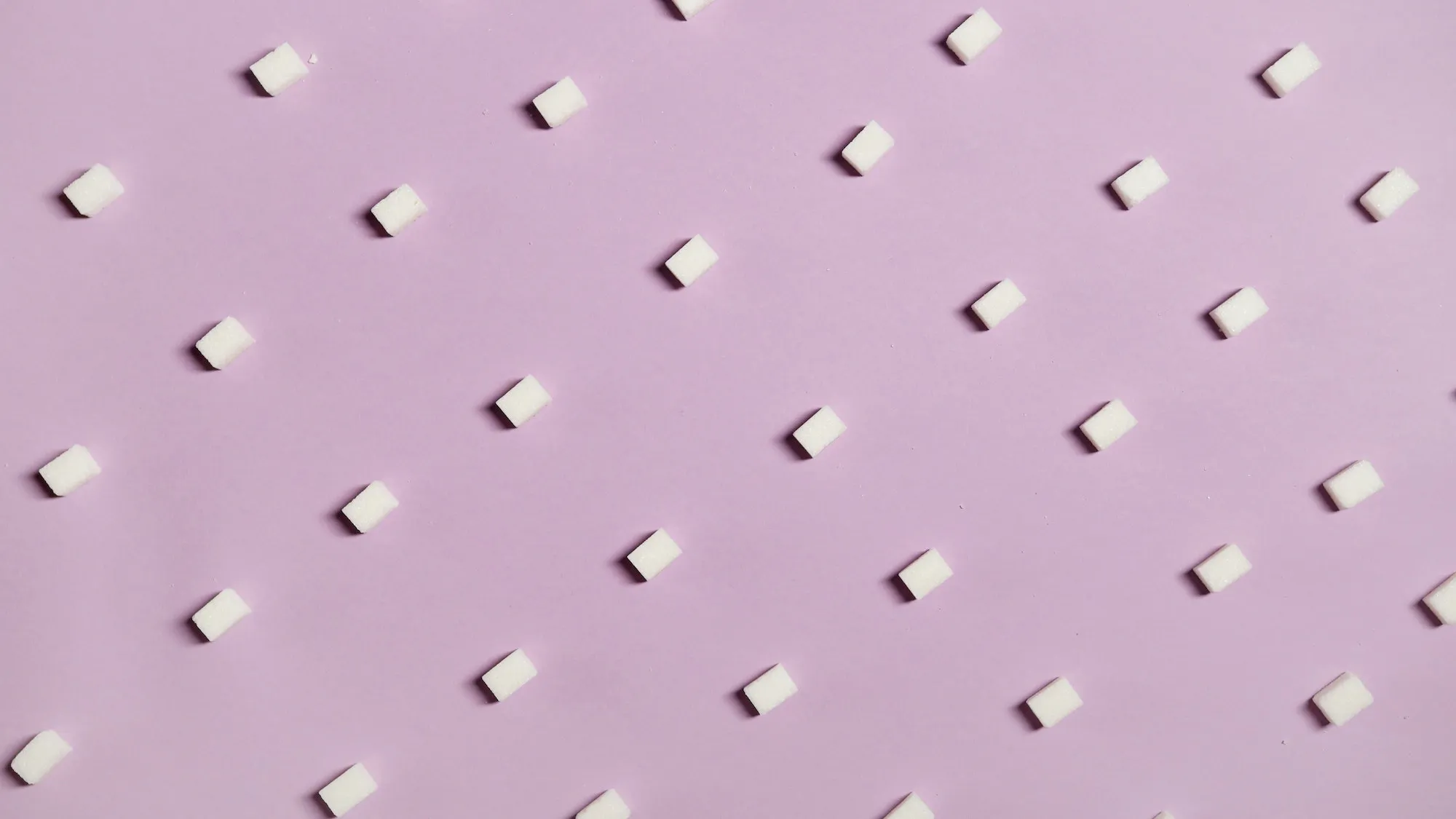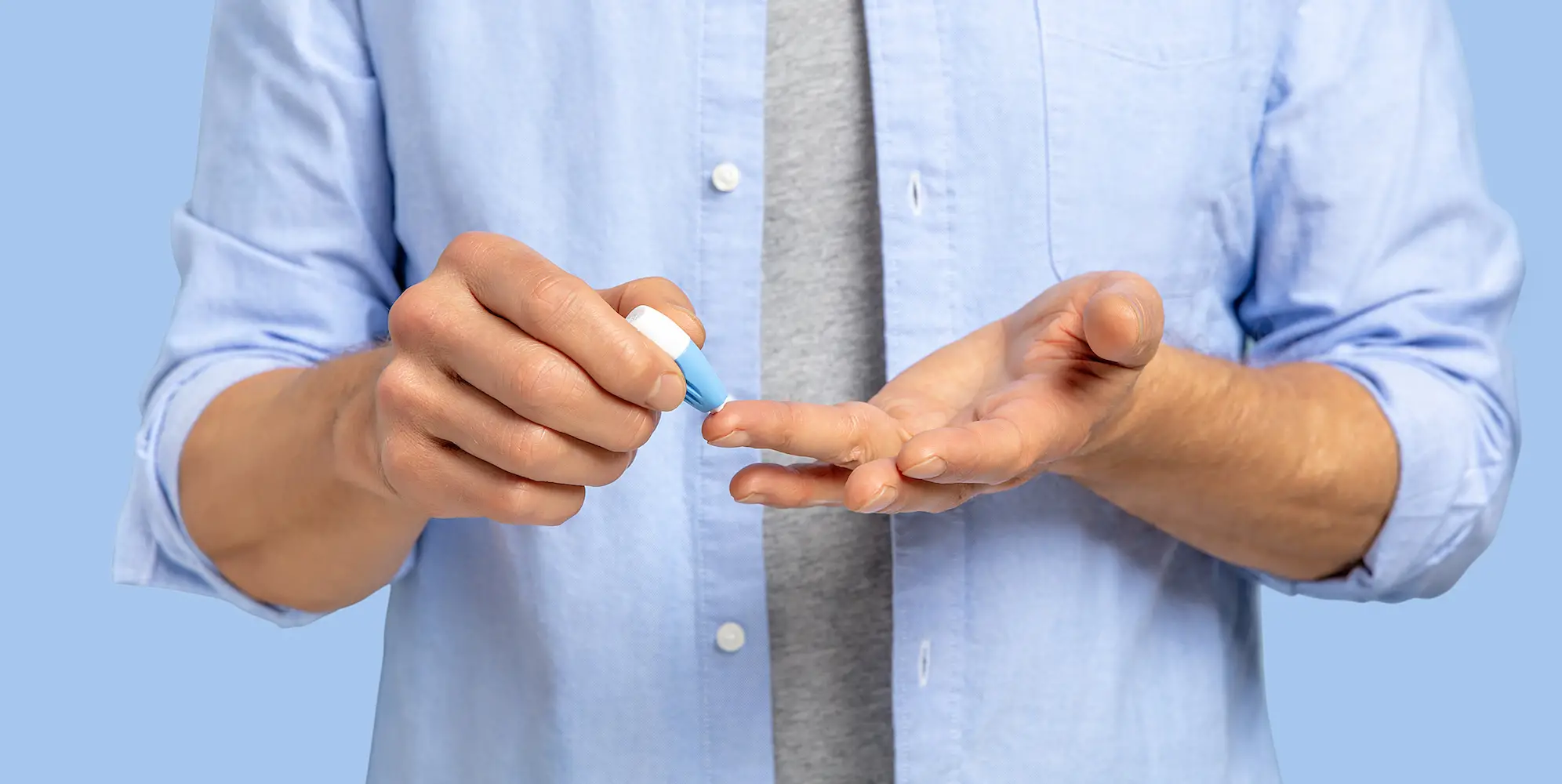If you have diabetes, you know it can affect many aspects of your life. People living with diabetes can experience excessive sweating, and sometimes insufficient sweating, related to the condition.
If you are experiencing excessive sweating related to diabetes, there are many things you can do to cope with the symptoms, like adjusting the way you dress, using the right antiperspirant, and even considering the use of something like BOTOX®.
How can diabetes cause sweating?
Diabetes is a metabolic disorder, meaning it affects the way the body manages its energy. Diabetes impacts a number of hormones which can affect many systems in the body. The changes caused by diabetes can impact thermoregulation, which is the process by which the body maintains the correct temperature in hot or cold environments.
Sweating is one of the ways the body maintains the correct temperature in hot environments. As the sweat evaporates, it takes some of the body’s excess heat with it, cooling the skin.
There are two main mechanisms for how diabetes can cause problems with sweating. They both ultimately have to do with the blood sugar, also known as blood glucose. Blood glucose must be carefully regulated to the right level. Too much, and you have high blood sugar. Too little, and you have low blood sugar. In people who don’t have diabetes, this balancing act takes place naturally. But for folks with diabetes, this process can tend to go awry, causing high or low blood sugar.
Low blood sugar
When you experience low blood sugar, or a “low”, you may experience a number of unpleasant symptoms, which relate to the fight-or-flight survival response.
Low blood sugar can occur when a person has taken too much insulin or other medication, or when they have not consumed sufficient carbohydrates.
The symptoms of low blood sugar include:
- Shaking
- Anxiety, nervousness
- Confusion
- Sweating
- Hunger
- Dizziness
While sweating is one of the symptoms of low blood sugar, it rarely occurs alone. Generally, a person would experience the other symptoms of low blood sugar as well.
If you have diabetes and you experience low blood sugar, check your glucose immediately using a finger stick to check for hypoglycemia. It’s a good idea to speak to your doctor if you are dealing with this consistently. There are management and prevention strategies - like diets, medication, and continuous glucose monitors,, and your healthcare provider can also make sure your medication is working for you.
Nerve damage
People with diabetes can suffer nerve damage, also called diabetic neuropathy, when their bodies have high blood sugar. Excess glucose can damage the nerves. This nerve damage can occur anywhere in the body, but if it occurs near sweat glands, it can cause them to stop working correctly. This can cause insufficient sweating, or excessive sweating, depending on the type of damage.
Insufficient sweating is uncomfortable because it can mean the body is less effective at thermoregulation, and this can make you feel hot. If you know you have nerve damage, it’s important to avoid being in hot weather for prolonged periods of time.
In other cases, nerve damage may cause excessive sweating. Depending on the type of damage, this can cause excessive sweating at night specifically.
It is important to know that diabetic neuropathy can be prevented with good management of one’s blood sugar levels. Studies suggest that good glycemic control can specifically prevent damage to sweat glands: in rats with diabetes, deficits in sweating could be prevented by maintaining normal blood sugar levels.
Types of excessive sweating:
Hyperhidrosis
Hyperhidrosis is the medical term for plain old excessive sweating. It refers to sweating too much while going about your daily life. The sweating is often concentrated near the underarms, back, and hands, but can occur all over the body.
If your excessive sweating seems to occur constantly, doesn’t follow a nightly pattern, and isn’t related to eating, it’s likely hyperhidrosis.
Night sweating
Night sweating or night sweats refers to excessive sweating that specifically occurs at night. It can often result in waking up in the middle of the night with wet clothes and wet bedsheets. For people with diabetes, night sweats can be related to hypoglycemia.
Gustatory sweating
Gustatory sweating is sweating related to eating.. If you have gustatory sweating, your head tends to sweat, particularly around the face and neck, during or after eating. It’s a rare complication of diabetes. If you suspect gustatory sweating, it’s a good idea to speak to a doctor, as this can indicate complications of diabetes.
6 Ways to manage diabetes-related sweating
Dealing with excessive sweating can be a challenge. It can often make you feel self-conscious, and it’s difficult to manage when in public or out of the house.
1. Get tested
If you aren’t sure why you’re sweating, but are concerned it could be related to diabetes or prediabetes, it’s worth getting tested. Approximately 1 in 10 Americans is diabetic, and about 1 in 4 is prediabetic. Of course, sweating doesn’t necessarily mean you have diabetes, but it could be a sign.
2. Treat your diabetes
If your sweating is related to diabetes, it is a good idea to talk to your doctor. Sweating can be a sign that your diabetes is not being managed properly.
You’ll want to avoid low blood sugar, as well as high blood sugar, so it’s important to take your medication as prescribed, eat regularly and focus on lower-glycemic, slow-releasing carbs. A Continuous Glucose Monitor (CGM) device can be very helpful if you are dealing with potential recurring hypoglycemia episodes. Common brands are Freestyle Libre and Dexcom, and can be prescribed by your physician.
Hypoglycemia is believed to be related to night sweats, so if you are experiencing excessive nighttime sweating, it’s a good idea to check up on your treatment plan.
3. Dress appropriately
It can help to dress in a way that allows you to adjust your level of warmth if you notice you are sweating. You can dress using layers that can easily be put on or taken off, like a zippered hoodie.
It can also help to wear breathable fabrics, like cotton. Avoid tight, synthetic clothing which may make it harder for your skin to breathe.
If you get uncomfortable, it can help to change out of sweaty clothing. This is a little easier when you’re at home, but you can also consider bringing a change of clothes if you are going to be out of the house for a long time.
4. Use the right antiperspirant
Antiperspirants can often reduce the amount of sweating you experience to the point where it is no longer bothersome. However, it’s important to understand that they only mask the problem. If you believe your sweating is related to diabetes, it’s a good idea to speak to a healthcare provider. Antiperspirant is an effective solution for hyperhidrosis (general excessive sweating) and night sweating, but is unlikely to help with gustatory or facial sweating.
You can start with one of the “clinical strength” products offered over the counter at the drugstore. If this doesn’t help, speak to your doctor, who may be able to offer an alternative.
5. Keep your room cool at night
When night sweats become a problem, it can help to keep the room cooler and to run a fan. If you feel hot at night, sleeping with lighter or fewer blankets can also help. Cotton sheets tend to be more breathable. Managing your sleeping environment is an important part of countering bothersome nighttime sweating.
6. Consider BOTOX®
BOTOX®, according to their Indications and Usage list, is indicated for the treatment of severe primary axillary hyperhidrosis that is inadequately managed with topical agents. A small amount of BOTOX injected near the underarms can slow sweating to a near stop. While the treatment is expensive, and must be maintained regularly, this solution might help resolving problematic excessive sweating.
The bottom line
Diabetes can cause excessive sweating or insufficient sweating in some people. When a person with diabetes experiences low blood sugar, they may sweat as the body goes into fight-or-flight. People with nerve damage or diabetic neuropathy may experience excessive sweating, particularly at night, or insufficient sweating, depending on the type of damage.
In either case, maintaining healthy blood glucose levels can prevent problems with sweating from appearing. If you are concerned about your sweating and diabetes, it’s a good idea to speak to your doctor and ensure your diabetes is well-managed.















.svg)




